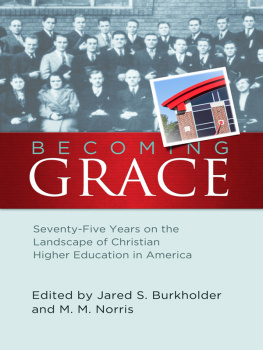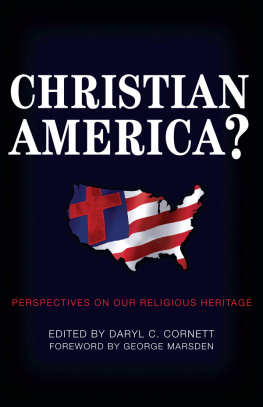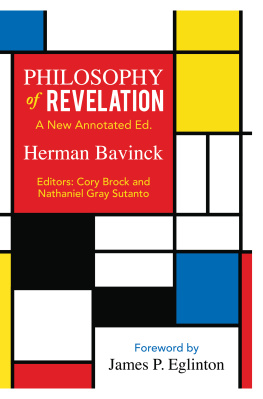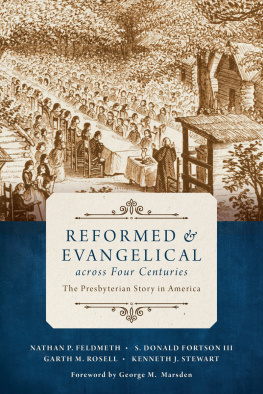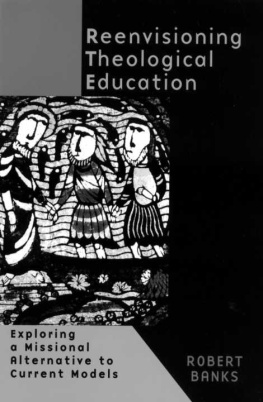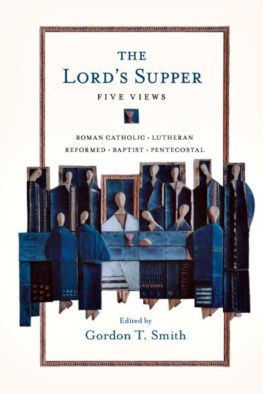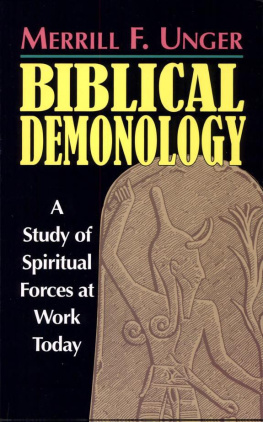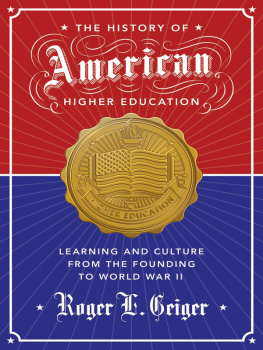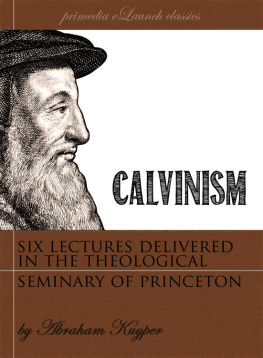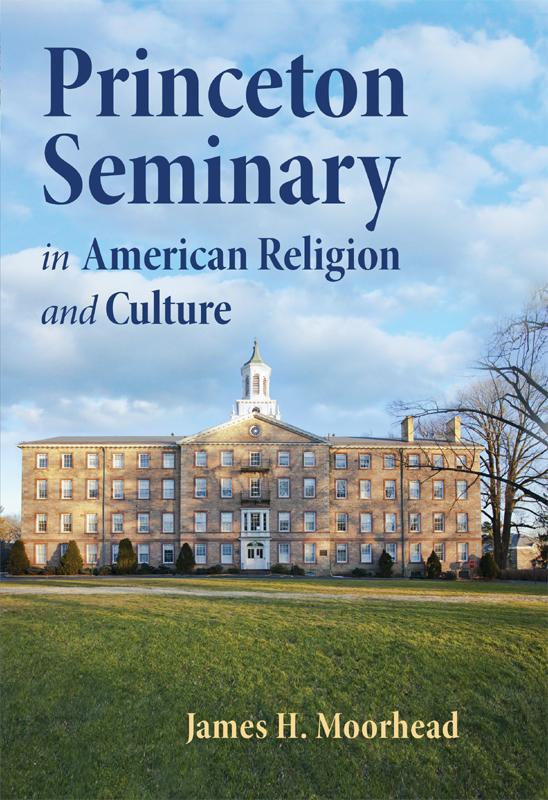PRINCETON SEMINARY
in American Religion and Culture
PRINCETON SEMINARY
in American Religion and Culture
James H. Moorhead
WILLIAM B. EERDMANS PUBLISHING COMPANY
GRAND RAPIDS, MICHIGAN / CAMBRIDGE, U.K.
2012 James H. Moorhead
All rights reserved
Published 2012 by
Wm. B. Eerdmans Publishing Co.
2140 Oak Industrial Drive N.E., Grand Rapids, Michigan 49505 /
P.O. Box 163, Cambridge CB3 9PU U.K.
18 17 16 15 14 13 12 7 6 5 4 3 2 1
Library of Congress Cataloging-in-Publication Data
Moorhead, James H.
Princeton Seminary in American religion and culture / James H. Moorhead.
p. cm.
ISBN 978-0-8028-6752-0 (cloth: alk. paper)
ISBN 978-1-4674-3620-5 (epub)
1. Princeton Theological Seminary History.
2. United States Church history. I. Title.
BV4070.P76M66 2012
230.07'35174965 dc23
2012009864
www.eerdmans.com
In memory of
THOMAS WILLIAM GILLESPIE,
president, pastor, and friend to the Princeton Seminary community from 1983 to 2004
Contents
T HE TWO centuries of Princeton Seminarys life could yield many histories. To investigate and narrate them all would require at least a lifetime of patient study, and even then the goal would most likely elude the researcher. Lefferts A. Loetscher, a fine historian who taught for thirty-three years at Princeton, devoted a significant portion of his career to exploring the seminarys history and continued the effort during the seven years of his all-too-brief retirement. His meticulous labors produced an excellent work, published posthumously; but its scope a study of Archibald Alexander fell considerably short of what Loetscher had once hoped to cover. When conducting a preliminary survey of the mountains of relevant sources before starting to write this book, I was overcome by a sinking feeling an existential appreciation of the reason Loetscher got no further than he did and an anxiety that perhaps anyone who attempted a history from 1812 to the present would likewise miss the target.
Recognizing the impossibility of reading every document or of adequately covering every aspect of the seminarys history, I opted for a more focused inquiry and decided on the questions I wanted most to answer and the issues I wished chiefly to illuminate. In his perceptive study of preCivil War theological education, Glenn T. Miller posed a problem that resonated with my own interests: What, he asked, were the aims and purposes of early nineteenth-century theological education and how were those ideals incarnated in particular schools? Miller stated succinctly part of what I hoped to answer. What did successive generations of leaders at Princeton, from the founders to the present, want to
In constructing the narrative, I have not attempted to discuss every professor or every facet of the seminarys life. Undoubtedly some who read these pages will rue the failure to mention certain favorite professors or will bemoan the relatively brief treatment that others have received. Because of the focus of my work, other important matters receive relatively light treatment: for example, student life at Princeton, the seminarys contributions to the church and world through its alumni, the growth of the schools physical plant, the development of its music program, and the process by which the endowment of the seminary was raised. Readers may have other topics that they would add to the list. Thus this book makes no claim to offer a complete or definitive history of Princeton Seminary. It is, to reiterate the point already made, a narrative tracing the schools sense of mission, its basic values, and the way these interacted with and sometimes against the religion and culture of the time.
A book begins long before pen is set to paper or fingers to keyboard. This volume has perhaps its most distant origins in a visit I made to Princeton Seminary in 1966. My pastor, Donald R. Davis (Princeton B.D., 1959), was commuting on Mondays to his alma mater as he studied for the Th.M. degree. Knowing my ambitions for a theological education, he invited me to spend a day of my freshman spring break accompanying him on one of his Monday trips. I sat in on a class or two, prowled the campus, explored the bookstore, and talked with Don about the school on our long car ride back. After that visit, my intention to pursue a divinity degree at Princeton never seriously wavered. My studies at Westminster College in New Wilmington, Pennsylvania, also pushed me toward things Presbyterian. As a history major, I wrote a senior thesis on Presbyterian attitudes toward missions and imperialism around the year 1900 and received valuable counsel from Professors Delber McKee, Arthur Jensen, Harry Swanhart, and Norman Adams. Then in the fall of 1968, when I matriculated at Princeton Seminary, I took Lefferts Loetschers class on American Presbyterianism, was thoroughly hooked on the subject, and thereafter squeezed as many of his courses into my schedule as the curriculum permitted. Lefferts Loetscher introduced me to the history of Princeton Seminary. His own career at the school, combined with that of his father, Frederick, spanned nearly a third of the institutions life. At Leffertss suggestion, a couple of my seminar papers became initial forays into Princetons history. Writing this book has reminded me how profoundly his knowledge and insights have contributed to my own. Another formative influence came after my graduation from the seminary and during a Ph.D. program at Yale. Sydney Ahlstrom, my doctoral advisor, exemplified intellectual curiosity as well as an astonishing breadth of knowledge about an endless number of topics or so it seemed to awed graduate students. Sydney pressed us to find our own scholarly voices but always insisted that whoever we studied be portrayed as embodied persons, set in the fullest possible context of their times and places. When I showed him an essay I was preparing for publication it dealt with a nineteenth-century Princeton Seminary professor Sydney offered one sentence of advice: Make him less of a wraith.
Since joining the faculty of Princeton Seminary as professor of American church history in 1984, work with various colleagues has also contributed to my understanding of the seminarys history. For two decades first with Jane Dempsey Douglass and, then after her retirement, with James C. Deming I have co-taught a course entitled Presbyterian History and Theology. Having to interpret to successive generations of seminarians the Presbyterian experience, including Princeton Seminarys role in that experience, has sharpened my perceptions of the school. In 1997, Professor John W. Stewart and I organized a conference on the life and work of Charles Hodge. Over numerous breakfasts and lunches, we hammered out the program and then afterwards assembled the essays into a book. Those essays along with Jacks considerable knowledge of Hodge forced me to take a fresh and much deeper look at the nineteenth-century theologian.
Professional opportunities beyond Princeton have also enriched the perspective brought to these pages. Since 1996, it has been my privilege to serve as one of two senior editors of The Journal of Presbyterian History in partnership with Fred Heuser, director of the Presbyterian Historical Society in Philadelphia. In March 1994, at Pittsburgh Theological Seminary, I delivered the annual David Schaff Lectures, my topic being Theological Education in Historical Perspective. Many of the ideas expressed in those lectures, previously unpublished, have now found their way into this book.
But none of these prior influences would have led to Princeton Seminary in American Religion and Culture


